The model WHS Act sets out principles that apply to all work health and safety duties under the model WHS Act (sections 13-17). This includes a PCBU’s primary duty to ensure the health and safety of workers while they are at work in the business or undertaking and others who may be affected by the carrying out of work.
The principles also apply to further duties of a PCBU, officer and worker duties, duties relating to incident notification and consultation and the health and safety duties that apply under the model WHS regulations.
The four principles are:
Download the fact sheet - Principles that apply to work health and safety duties: overview.
1. WHS duties are not transferable
A duty holder cannot transfer their duties to another person. Any contractual term that seeks to transfer or reduce the duty holder’s responsibility will be invalid.
Duty holders who have a duty in relation to the same matter can enter into reasonable arrangements or agreements with each other to make sure everyone’s duties are met, while at the same time avoiding unnecessary duplication of effort.
Download the fact sheet - Principle 1: WHS duties cannot be contracted out or transferred.
2. A person can have more than one duty
A person can have more than one duty at the same time. For example a person can be both a worker and an officer or a worker and a PCBU (if working as an individual contractor).
Download the fact sheet - Principle 2: A person can have more than one duty.
3. More than one person can concurrently have the same duty
Multiple duty holders who have the same duty must each meet their duty to the standard required.
Where more than one person has a duty in relation to the same matter, the duty holders retain responsibility for their duty in relation to the matter and must discharge the duty to the extent to which the person has capacity to influence or control the matter. These duty holders must also consult coordinate and cooperate activities with each other.
Download the fact sheet - Principle 3: More than one person can have the same duty.
4. Management of risks
A duty holder must manage risks to health and safety by eliminating risks so far as is reasonably practicable and if not reasonably practicable, to minimise those risks so far as is reasonably practicable.
Reasonably practicable means doing all that you reasonably can to keep people safe at work.
Download the fact sheet - Principle 4: Management of risks.
Case studies
Franchising
This case study illustrates four key WHS principles that apply to all WHS duties in the model WHS Act and the duty to consult, cooperate and coordinate with other duty holders. Learn how Muhammad applies the principles in the franchising industry.
Outsourcing
This case study illustrates four key WHS principles that apply to all WHS duties in the model WHS Act and the duty to consult, cooperate and coordinate with other duty holders. Learn how Anton applies the principles in the outsourcing industry.
Supporting information
For information about who may be a PCBU and their duties see:
For further information on consultation cooperation and coordination see:
- Model Code of Practice: Work health and safety consultation cooperation and coordination
- Consulting, cooperating and coordinating activities with other duty holders
For further information on managing risks to health and safety:
- How to determine what is reasonably practicable to meet a health and safety duty
- Model Code of Practice: How to manage work health and safety risks
- The guide to the model WHS Regulations
- model WHS Regulations
For further relevant information
- model Code of Practice: Safe Design of Structure
- model Code of Practice: Managing risks of plant in the workplace
- Safe Design
- Plant design, supply and registration
- Work related psychological health and safety: A systematic approach to meeting your duties
- The Guide for preventing and responding to workplace bullying
- model Code of Practice: Work health and safety consultation, cooperation and coordination
- Worker Representation and Participation Guide
- model Code of Practice Managing the work environment and facilities
- Model Code of Practice: How to manage work health and safety risks
- WHS duties in a contractual chain
- model Code of Practice: Work health and safety consultation cooperation and coordination
- model WHS Regulations
- Storing chemicals in the workplace
- Personal Protective Equipment
- First-aid topic page.
- Emergency plan fact sheet
- The guide to the model WHS Regulations
- How to determine what is reasonably practicable to meet a health and safety duty
- The guide to the model WHS Regulations
- model WHS Regulations






